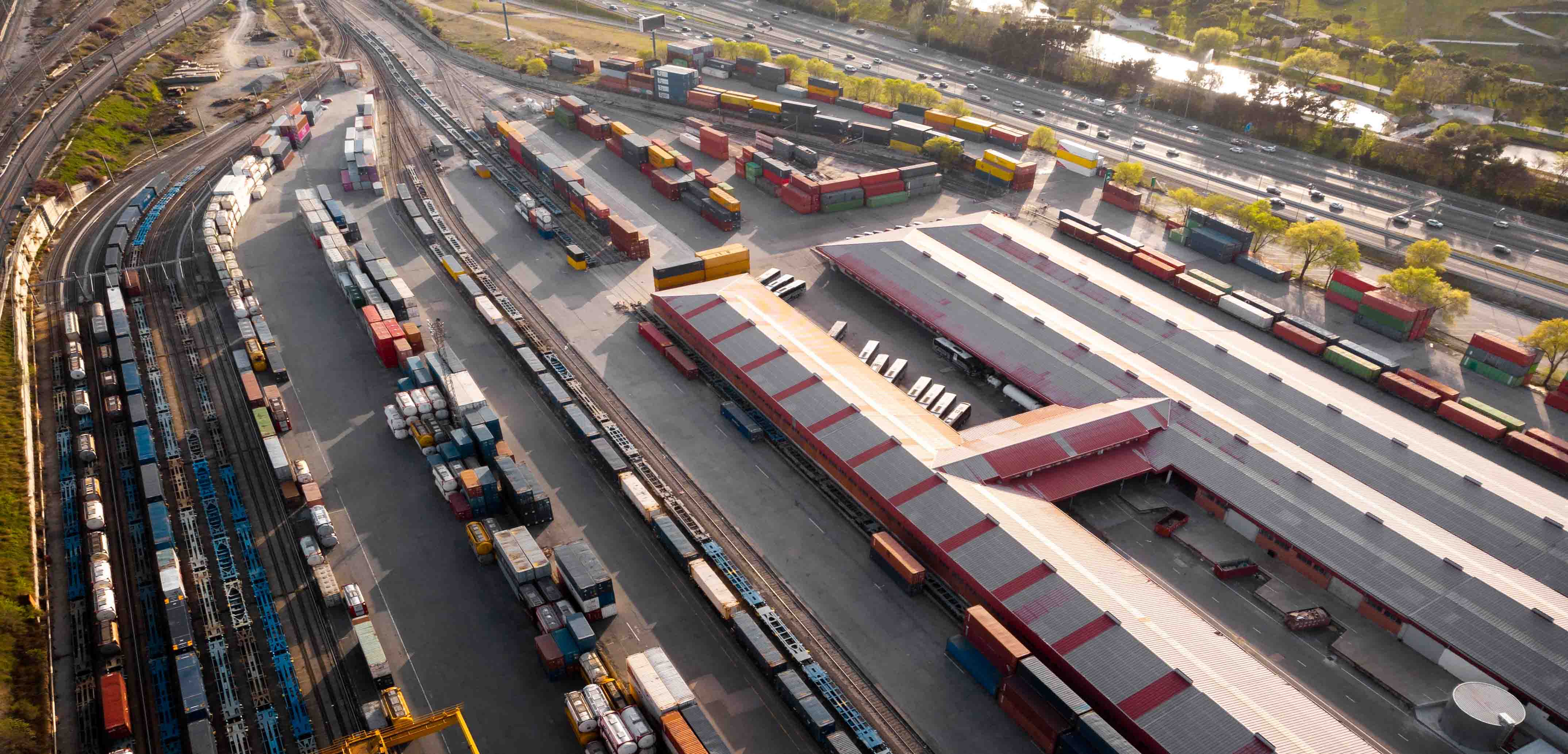
5 Ways AI Can Enhance Your Transport Management System
5 Ways AI Can Enhance Your Transport Management System
In an era driven by technological innovation, Artificial Intelligence (AI) has emerged as a game-changer across various industries. In the realm of transportation and logistics, the integration of AI into Transport Management Systems (TMS) is revolutionizing the way businesses manage their supply chains. From its valuation of $3.25 billion in 2023, AI in the transportation market is forecasted to reach $3.86 billion by 2024, at a compound annual growth rate (CAGR) of 18.6%. This blog explores five key ways in which AI can enhance a Transport Management System, offering unparalleled efficiency, visibility, and strategic decision-making.
I. Predictive Analytics for Route Optimization
AI-driven predictive analytics is reshaping the landscape of route optimization within Transport Management Systems. Traditional systems relied on historical data and fixed algorithms, often falling short in adapting to real-time variables. With AI, TMS can analyze a myriad of factors in real-time, including traffic patterns, weather conditions, and unexpected events. This enables dynamic route optimization, ensuring that transportation plans are not only efficient but also responsive to unforeseen circumstances. By leveraging machine learning algorithms, TMS can continuously learn from past transportation data, enabling the system to make increasingly accurate predictions and adjustments. This not only reduces transportation costs but also enhances delivery speed and reliability, leading to an overall improvement in supply chain performance.
II. Intelligent Decision-Making through Data Analysis
AI empowers Transport Management Systems with advanced data analysis capabilities, providing a deeper understanding of transportation trends and patterns. Through the analysis of vast datasets, TMS can uncover valuable insights into the performance of carriers, the efficiency of routes, and the overall health of the supply chain. Moreover, AI-driven analytics can identify areas for improvement, helping businesses make data-driven decisions to enhance operational efficiency. Whether it's optimising warehouse locations, adjusting inventory levels, or fine-tuning carrier selection, the intelligent insights derived from AI-driven data analysis contribute to a more strategic and agile transportation management approach.
III. Real-Time Visibility & Proactive Issue Resolution
One of the significant challenges in transportation management is the lack of real-time visibility into the movement of goods. AI addresses this issue by providing continuous, real-time tracking and monitoring capabilities. With an AI-enhanced Transport Management System, businesses gain a comprehensive view of their entire supply chain, from the warehouse to the final destination. Real-time visibility not only enables businesses to track shipments but also facilitates proactive issue resolution. AI algorithms can detect potential disruptions, such as delays, and automatically suggest alternative routes or transportation modes. This level of responsiveness ensures that businesses can address issues promptly, minimising the impact on delivery timelines and customer satisfaction.
IV. Demand Forecasting & Inventory Management
AI-driven demand forecasting is a critical capability that enhances the effectiveness of Transport Management Systems. By analysing historical and current data, AI can accurately predict future demand patterns. This allows businesses to optimise inventory levels, reduce carrying costs, and ensure timely availability of products. Furthermore, AI's ability to adapt to changing market dynamics and consumer behaviour adds a layer of flexibility to inventory management. TMS integrated with AI can automatically adjust transportation plans and inventory levels based on evolving demand forecasts, ensuring that businesses are well-prepared to meet customer needs.
V. NLP for Enhanced Communication
Effective communication is essential in transportation management, especially when coordinating with carriers, suppliers, and other stakeholders. AI, specifically Natural Language Processing (NLP), enhances communication within TMS by enabling machines to understand and respond to human language. NLP-powered TMS can automate communication processes, such as order confirmations, shipment updates, and issue resolutions. This not only reduces the burden on manual communication efforts but also ensures accuracy and consistency in messaging. Improved communication leads to better collaboration with carriers, suppliers, and customers, ultimately contributing to a more streamlined and efficient supply chain.
Final Thoughts
The integration of Artificial Intelligence into Transport Management Systems represents a paradigm shift in the way businesses approach logistics and supply chain management. From route optimization to intelligent decision-making, real-time visibility, demand forecasting, and enhanced communication, AI brings a myriad of benefits that can significantly elevate the efficiency and effectiveness of TMS. As businesses continue to embrace the transformative power of AI, the future of transportation management holds the promise of unprecedented agility, responsiveness, and cost-effectiveness. By harnessing the capabilities of AI, companies can stay ahead in the fast-paced world of logistics, meeting the demands of a globalised and dynamic supply chain landscape.